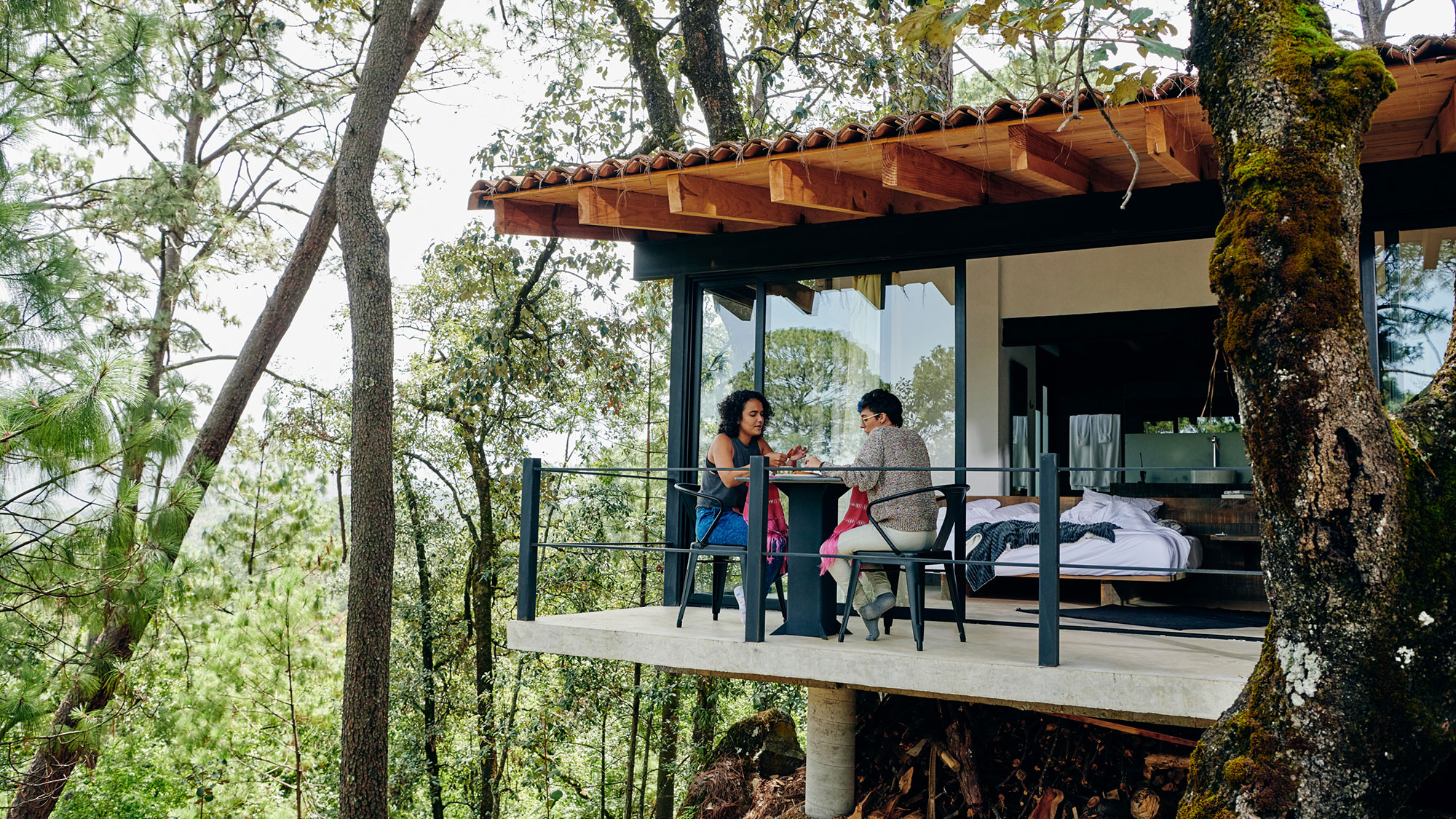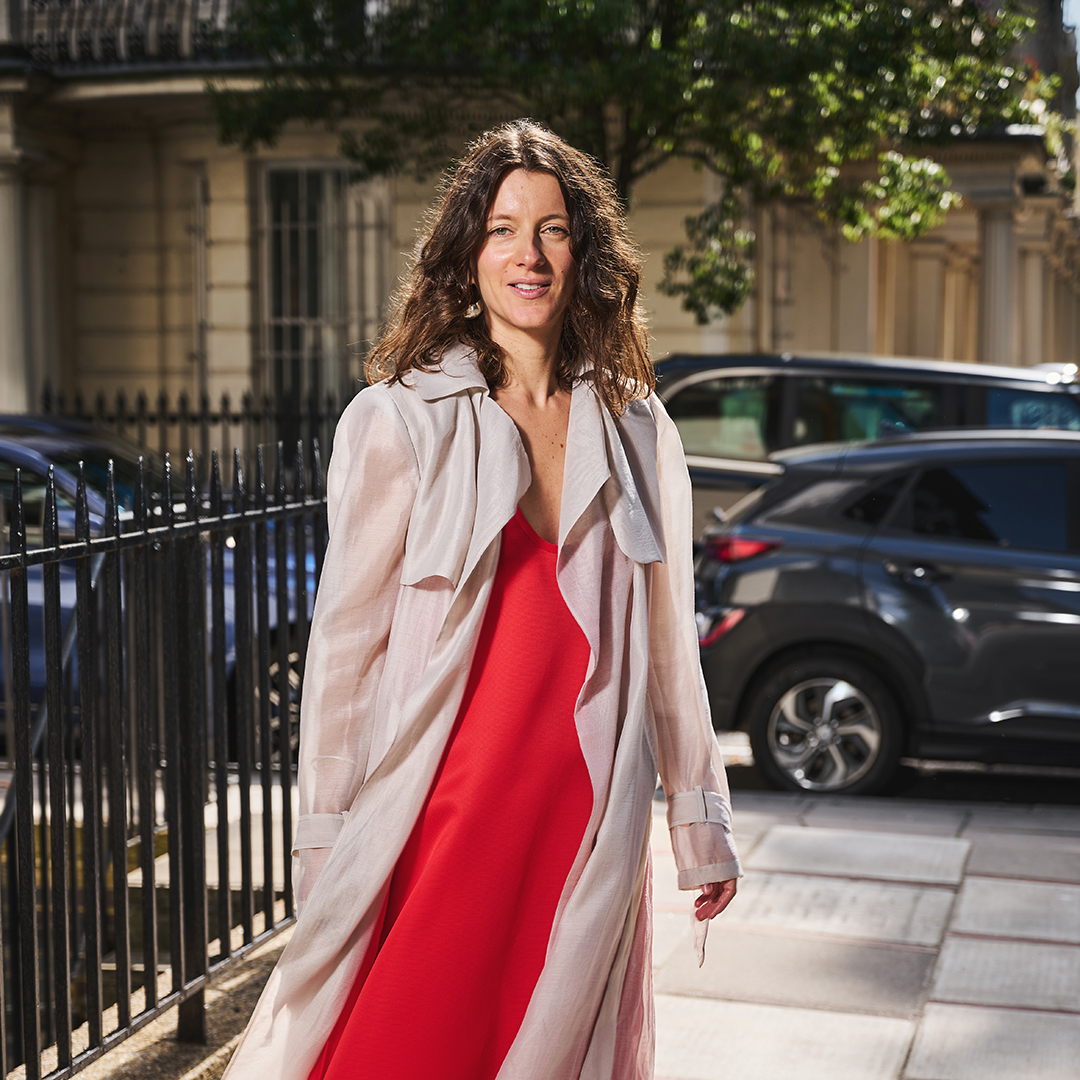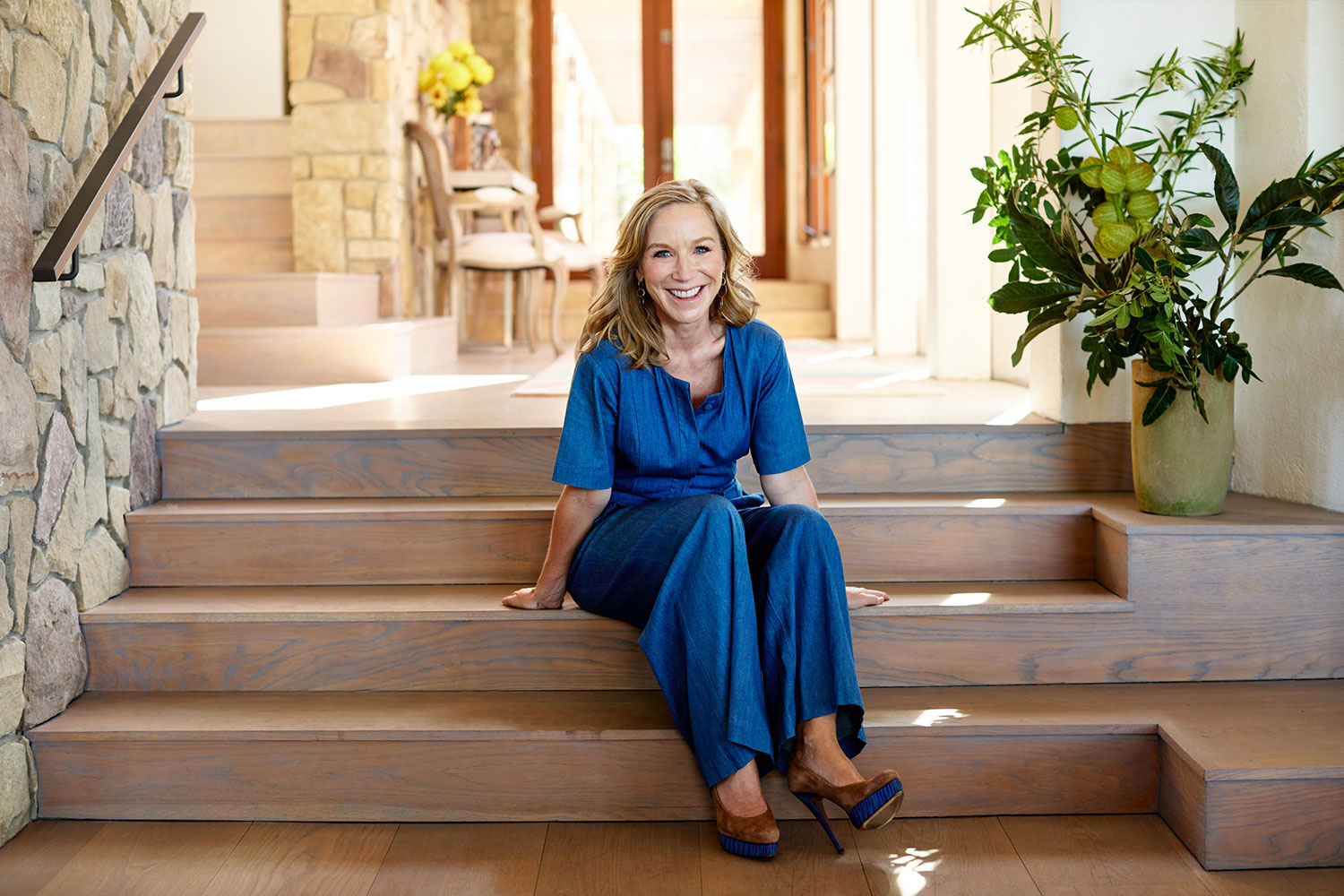These are the top Airbnb trends and destinations for 2022


It's no secret the travel industry has been one of the worst hit during the pandemic, however some interesting trends have emerged, with UK travellers embracing staycations, hosting and remote working.
Here, Catherine Powell, Global Head of Hosting at Airbnb, talks us through the travel platform's new launches, and what to expect for 2022.
How has the pandemic changed the way people travel?
It's had a revolutionary impact on how people travel. People have more flexibility, they expect more flexibility, we're seeing companies offer more flexibility, which means that people can truly travel anytime, anywhere, and can stay longer. Now long term stays (28 days or more) account for 20% of our business.
What other trends have you seen emerge this year?
The key trend has been flexibility: people can travel anytime and anywhere, they are no longer fixed by dates, or fixed by where they want to go. So back in May, we introduced the 'I'm flexible' feature, which was all about that. That feature has been used over half a billion times already.
We've added four new categories too: 'ski in, ski out', 'luxe', 'off the grid', and some very cool eco retreats. In fact, eco lodgings have been one of the fastest growing categories that people are looking for at the moment. Then we have a wacky one called 'offbeat', which are really eccentric listings. For example in the UK, we have a UFO, we have the Spice Girls bus and something called a Moon conker. These unique listings have grown 45% since the pandemic, and it's all driven by the trend of flexibility.
Has hosting increased significantly?
There has never been more interest in hosting. We had 100,000 cities that have had at least one Airbnb booking this year and 6,000 cities have had it for the first time. We have over 4 million hosts and 90% of them are individuals, they are students or retirees, they are health workers or teachers. Another feature that we just introduced, called 'Ask A Super Host', where you can ask them about anything from photos, what to call your listing, if your home is interesting enough etc, a sort of mentorship. We have over 500 ambassadors now.

Can you make a living from hosting on Airbnb?
Goodness, yes. In the UK alone, hosts made £225 million, and since the pandemic new hosts have earned over $12.8 billion. The average host in the UK pocketed around £1,000 this summer. Women have been especially affected by the pandemic, and a few have turned to hosting as a result. Now 55% of our hosts are women. By opening up their homes and sharing their passions, they have collectively earned an all-time figure of $70 billion1 since 2008 – with new female hosts earning more than $1 billion through Airbnb in just one year following the start of the pandemic.
Marie Claire Newsletter
Celebrity news, beauty, fashion advice, and fascinating features, delivered straight to your inbox!
What rentals are people looking for?
People are travelling in larger groups because they're travelling with their family, so we've seen a demand for larger homes, we have seen that they're travelling with their pets. So we've told our hosts to accept pets to get more bookings. They were worried about cover for pet damage, so we've now introduced a pet fee.
With people working from home more, Wi Fi has been so important. It's the third most searched for feature, so we introduced it as a filter. It's now been used 288 million times. We also introduced a Wi Fi speed tool for hosts.
We're also very proud of our accessibility features. We now have 13 different filters for guests, such as a step free entrance, an entrance that's wider than 32 inches, a grab bar. We've introduced a really rigorous process where any host who wants to promote their accessible feature, has to send us photos, then our trained experts check them for accuracy. We're helping hosts understand what's needed and then giving confidence to travellers with disabilities who need that security.
Is it tricky to adapt to those changes?
We are constantly innovating. Our two biggest strengths are that we are agile and a tech company in the travel business. So we can respond through innovation and product development. And secondly, our hosts who can respond in real time. If we ask them to kind of accept pets, they can do that they can do that instantly. So the heart of our resilience during the the pandemic and coming out of the pandemic, is being able to respond really quickly, to trends to changing needs of guests, and then to be able to set up our hosts for success.
What travel trends and destinations can we expect in 2022?
In the UK in particular, we saw the most amazing staycations, a renaissance of the of the British summer holiday with destinations like Sandgate in Kent or Seaburn in in County Durham. What we're seeing now as we look to the winter holidays, and for 2022, are more diverse locations due to the borders opening up.
We're seeing trending locations in Spain. But these aren't necessarily the big cities. This is Cordoba, or Seville, and people are also interested in Trondheim in Norway, is trending in growth and other locations like Dubrovnik and Marseille. People are looking to travel, but they're looking to travel in more interesting European destinations, not necessarily the big cities that they went to before.
The top 10 cities globally used to be 11% of our revenue, and now that's gone down to 6%. We will continue to see flexibility, we will continue to see longer stays and remote working.
Penny Goldstone is the Contributing Fashion Editor at Marie Claire UK. She writes about catwalk trends and the latest high street and Instagram sartorial must-haves. She also helms the Women Who Win franchise.
She has worked in fashion for over 10 years, contributing to publications such as Cosmopolitan, Red, Good Housekeeping, and Stylist.
-
 Jonathan Anderson is going to Dior Men
Jonathan Anderson is going to Dior MenHis debut collection will be this June
By Mischa Anouk Smith
-
 I'm a 2025 bride and these are the best affordable wedding dresses I've found
I'm a 2025 bride and these are the best affordable wedding dresses I've foundLess than £1,000 but still the height of chic
By Sofia Piza
-
 Hands down, these are the best wedding foundations for each skin type
Hands down, these are the best wedding foundations for each skin typeThat bridal glow, bottled
By Denise Primbet